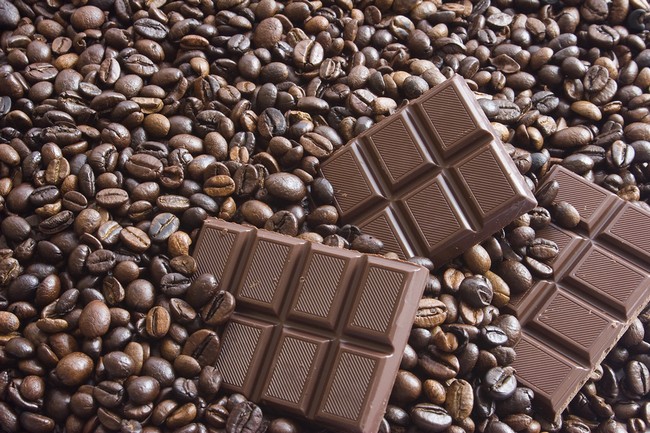- Make It Yourself Lavender Heart-Shaped Bath Bombs!
- 20 Things You Never Knew About “Down There”
- 12 Best Foods For Those Suffering From Arthritis Pain
- 12 Personal Hygiene Mistakes Almost Everyone Makes (Mom Never Told You About #4!)
- 15 Medicinal Plants And Herbs From The Cherokee People
- 12 Mind-Blowing Benefits Of Drinking Coconut Water During Pregnancy
- 12 Outstanding Winter Foods That Won’t Fatten You Up Like A Christmas Turkey
12 Incredible Foods To Fight Stress (Gotta Love #10!)

Photo credit: bigstock
10. Dark Chocolate
Long before the Europeans began to add sugar to chocolate, the Aztec people revered their bitter cocoa because of its positive health effects. Numerous studies have shown that just 40 grams of dark chocolate each day can help us deal with stress because cocoa releases endorphins in the brain, making us feel happier.
11. Olive Oil
One of the main ingredients in the healthy Mediterranean diet is olive oil. This heart-healthy oil has been proven in studies to help to prevent depression. This oil is also a super anti-inflammatory agent, which helps protect you from oxidative stress.
SEE ALSO: Best Diet for the Prevention of Breast Cancer
12. Nuts
Nuts are high in B vitamins, zinc, magnesium, and omega-3 fatty acids — all nutrients that the body burns when we are stressed out. Nuts naturally balance our blood sugar levels, reduce the appetite, and help improve the metabolism. One study found that eating just two ounces of pistachios each day lowered vascular constriction when we are under stress. This means nuts can help to reduce the pressure on your heart.
Of course, you will need to cut out foods that only add to the stress levels in the body such as processed foods, refined sugar, junk foods, and fast foods.
Extra Tip:
Although vitamin D is not a food, it is vital to your body for the production of serotonin, the hormone in the brain best associated with mood elevation. Studies from 2006 involving 80 elderly subjects found that those with the lowest levels of vitamin D were 11 times more likely to become depressed than those who had healthy doses of vitamin D in their blood. Natural sunlight is the best source of vitamin D. Try to get at least 15 minutes of m morning sunlight each day, or eat more foods that are rich in vitamin D such as salmon, mushrooms, and egg yolks.
References:
































